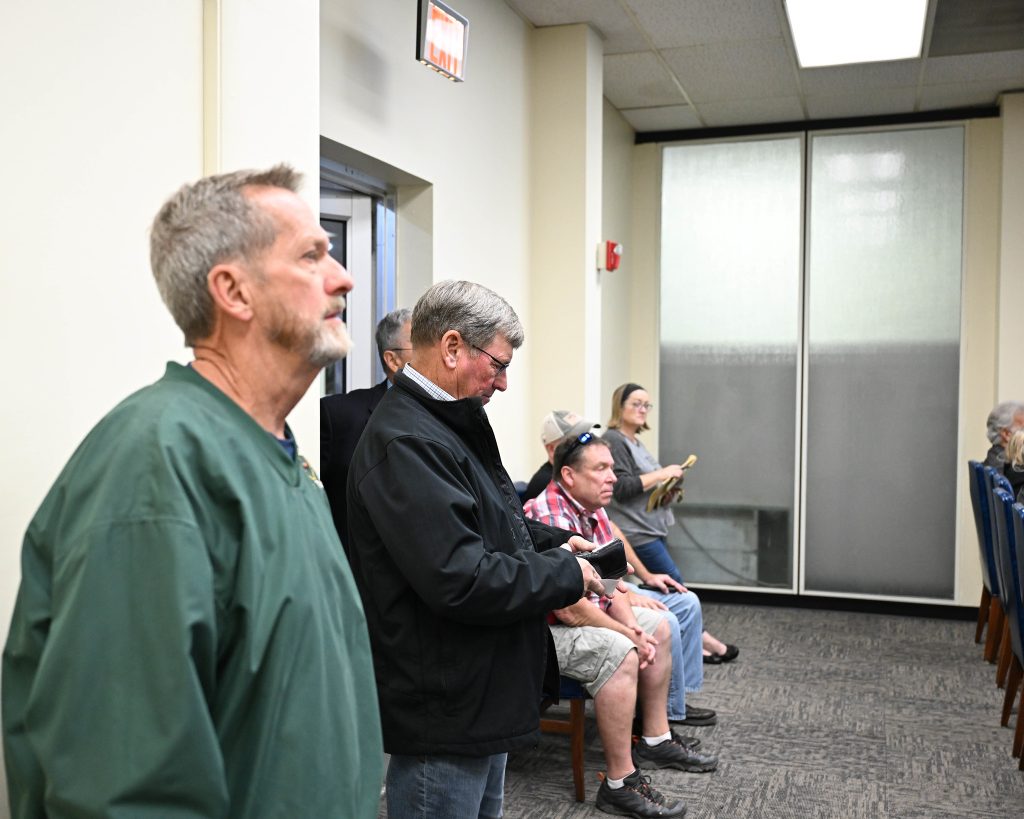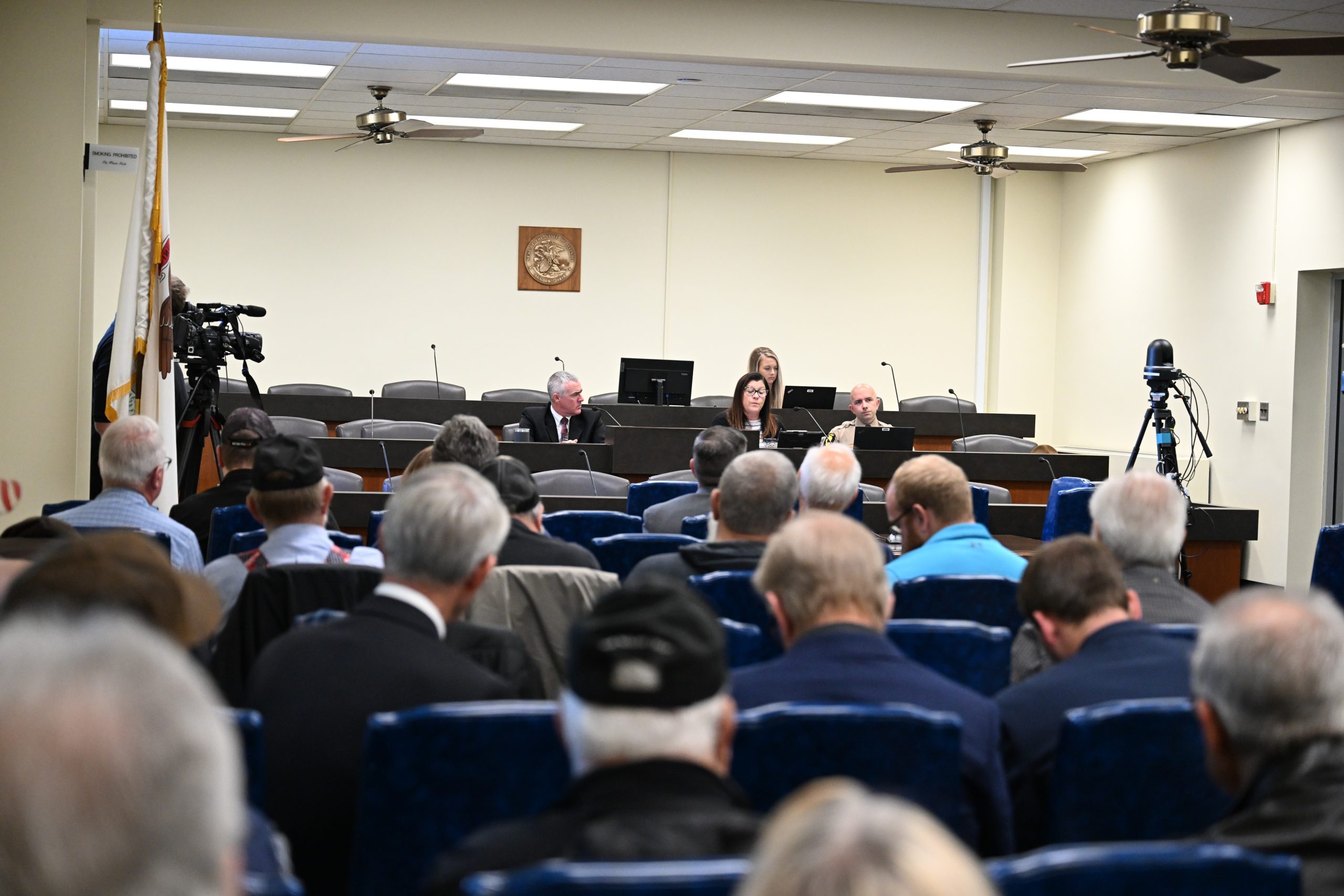The Illinois State Police (ISP) is scheduled to conduct three public hearings on permanent rules to continue to move forward on the implementation of the Protect Illinois Communities Act in early November. The Protect Illinois Communities Act created a category of firearms, called “assault weapons” and “assault weapons attachments.” The Democrats picked a list of firearms that they deem unsafe to be “assault weapons.” The Act was signed into law in January 2023 by Governor Pritzker and regulates the possession, sale and transfer of “assault weapons,” “assault weapon” attachments, high-capacity magazines, and switches in Illinois. Citizens who possessed the firearms devices listed in this Act before it took effect are required to submit an endorsement affidavit through their Firearm Owner’s Identification Card account.
The public hearings are scheduled for Thursday, November 2, at 9:30 a.m. at the Stratton Building in Springfield; Friday, November 3, at 9:30 a.m. at the Bilandic Building in Chicago; and Monday, November 6, at 9:30 a.m. at the Caseyville Community Center. Each speaker will be given approximately three minutes to provide comments, and organizations will be limited to one representative who may be afforded approximately nine minutes to provide comments. The room at the committee room in the Stratton Building seats less than 100 people and gun rights advocates have said that it is not nearly large enough to accommodate the expected crowds. The Illinois Administrative Procedure Act directs State agencies, including ISP, to take an expansive position with regards to public comments at a rules hearing. The agency is required to ‘allow interested persons to present views and comments on the proposed rulemaking.’ The Illinois Administrative Procedure Act requires ISP to accept data, views, arguments, or comments on their proposed permanent rules. These comments can be submitted to ISP in one of the public hearings, but may also be submitted to the State Police separately by written communication. The Administrative Procedure Act requires the State Police to consider all submissions received. All of the rules and registration information can be found here.

In September, ISP published emergency rules explaining how citizens could register their banned firearms and attachments. The online registration process started October 1, and in the first three weeks of the process, less than one-tenth of one percent of the state’s FOID card holders had registered their semi-automatic firearms that are now banned by state law.
There have been a number of concerns raised that the rules are vague and hard to understand. Citizens have also said it is not clear what types of firearms and ammunition are covered by the rules, and which ones are not. A list of the banned items can be found here. However, concerned parties have criticized this list for being vague and incomplete. Based on incompatibilities between this list and the text of the law that it purports to implement, an Illinois gun owner can refrain from registering a legal weapon in good faith, only to find the weapon subject to future confiscation based up on the weapon’s nonappearance on the enumerated list of weapons.
ISP’s emergency rules were reviewed by the General Assembly’s Joint Committee on Administrative Rules (JCAR) on October 17. After a vote to object to the proposed rules failed to pass the committee,
which is evenly split along party lines, the members of the committee unanimously agreed on a motion requiring ISP to provide answers to all the questions the committee had received from the public. They also required public hearings to be held by ISP on the proposed rules.
“We all condemn violence but this law is more of an attack on law abiding citizens,” Rep. Coffey said. “We need to address public safety with our current resources rather than creating laws that infringe on our Second Amendment.”
The ban was challenged in both state court and federal court. The Illinois Supreme Court rules the ban constitutional. The federal court case is ongoing and is now pending before the Seventh Circuit Court of Appeals.
